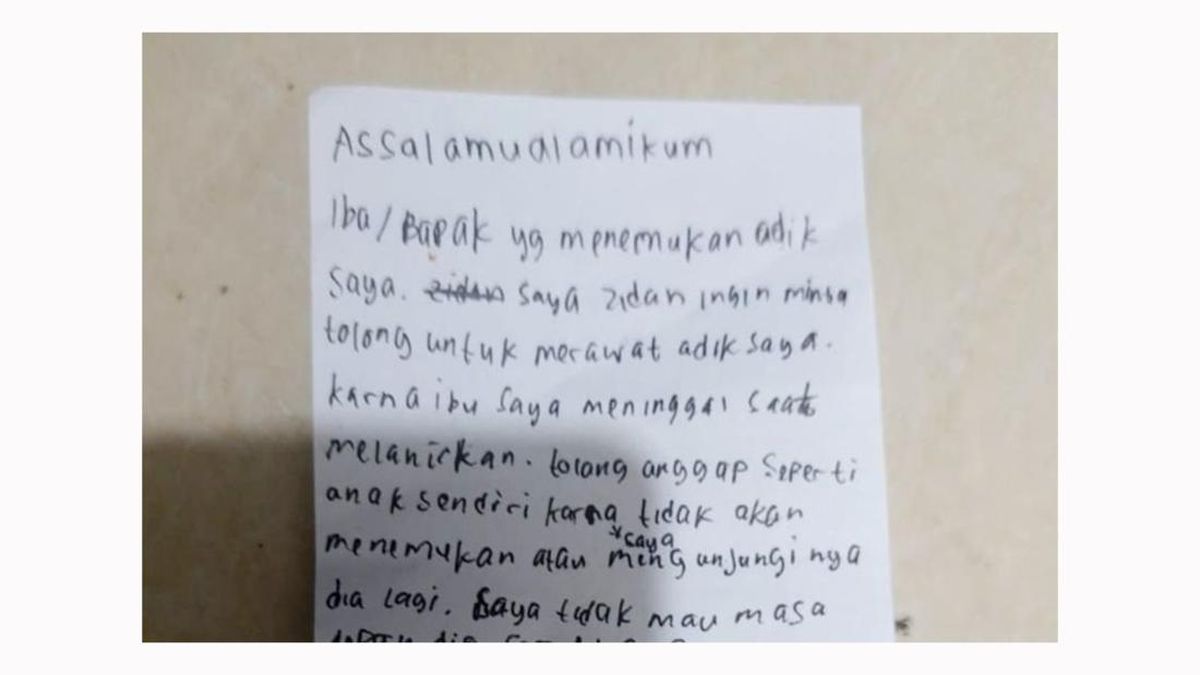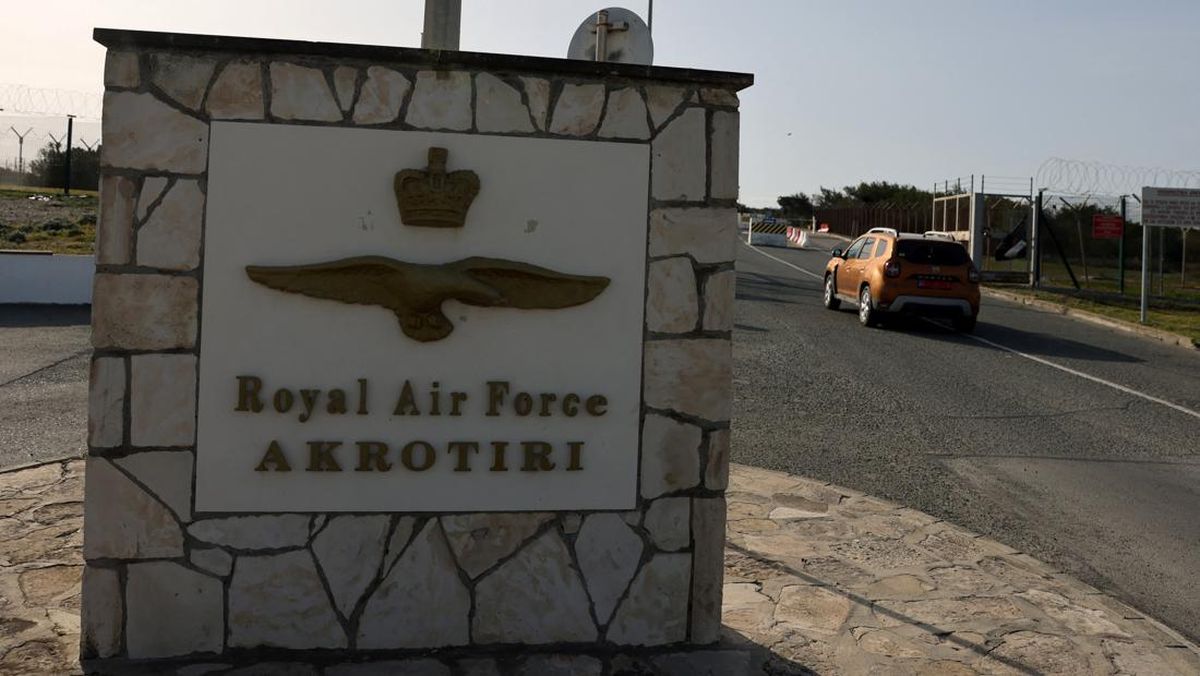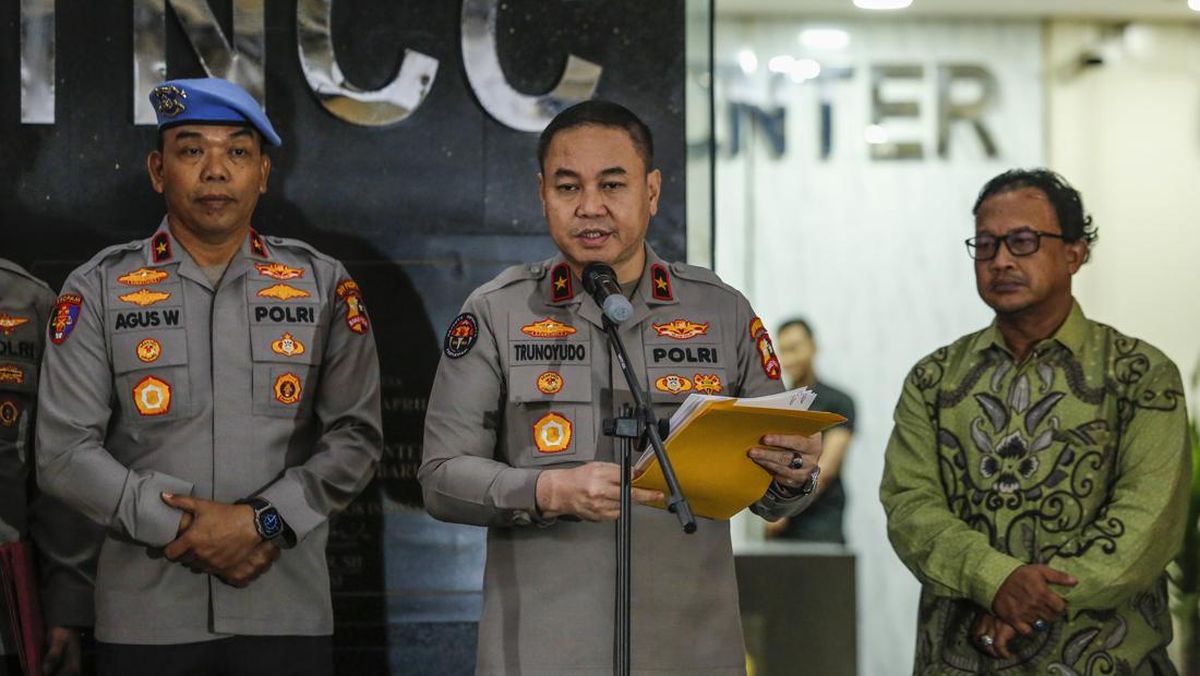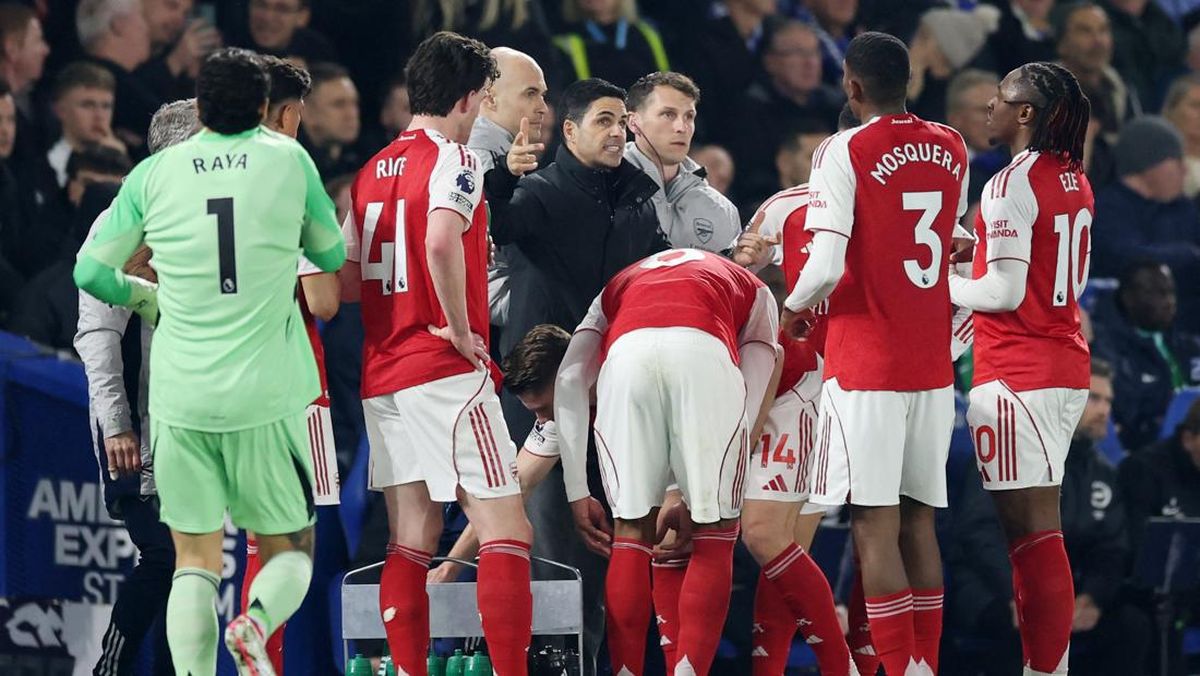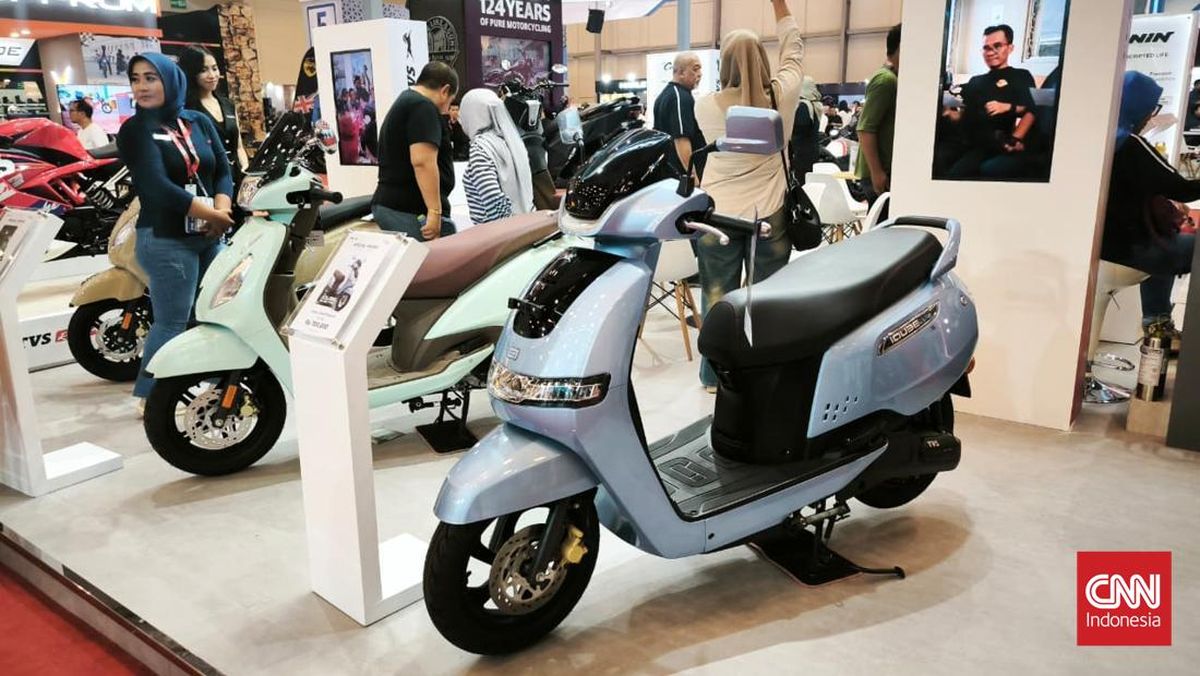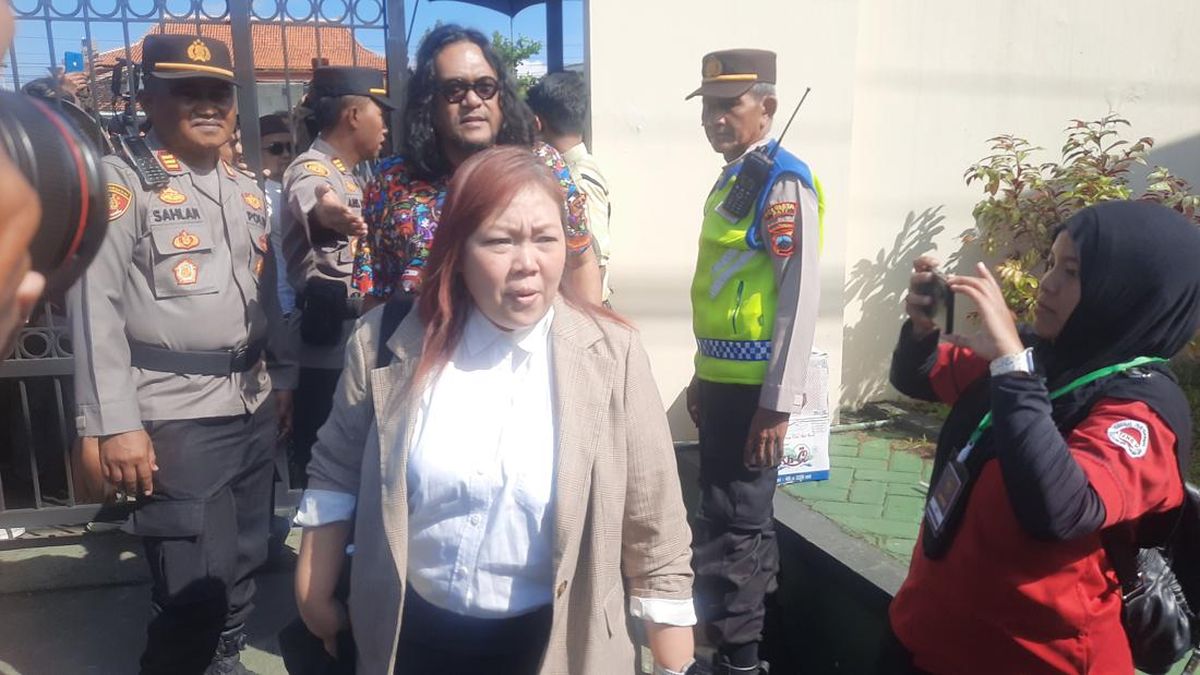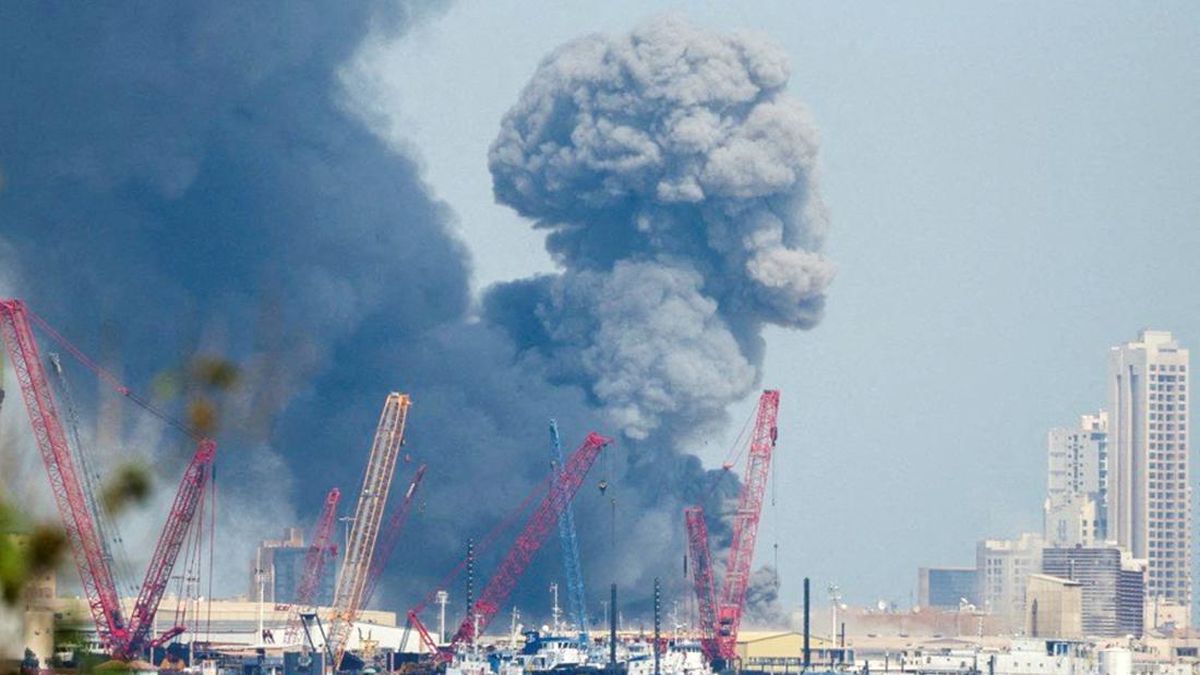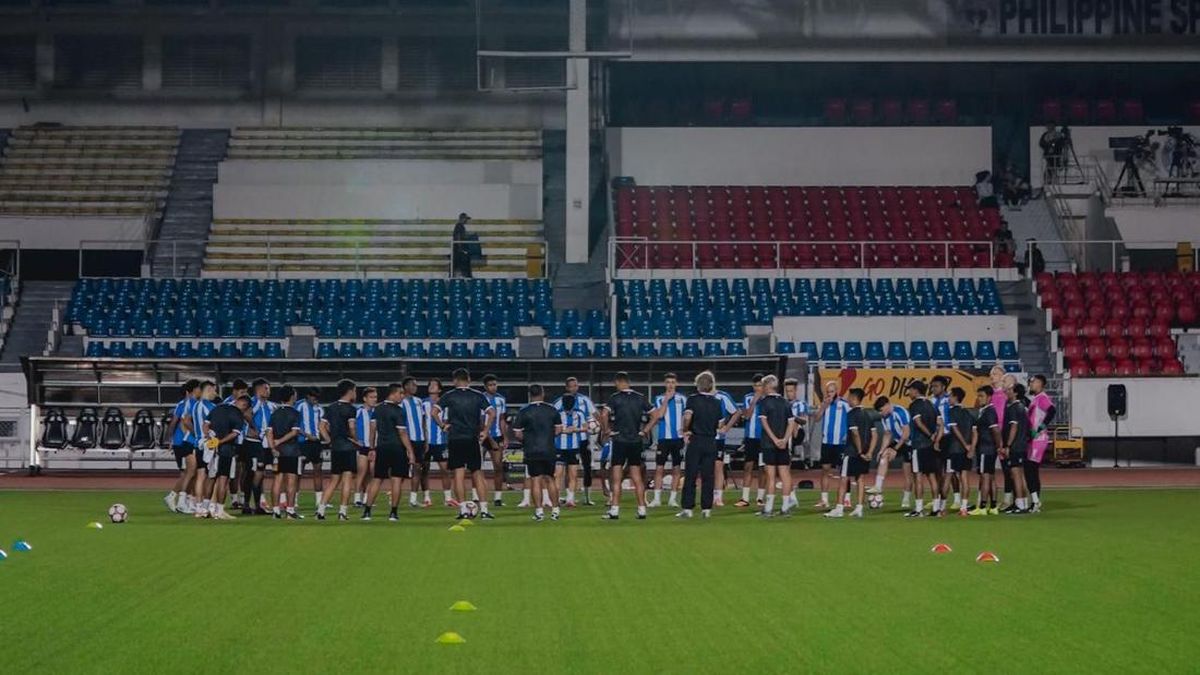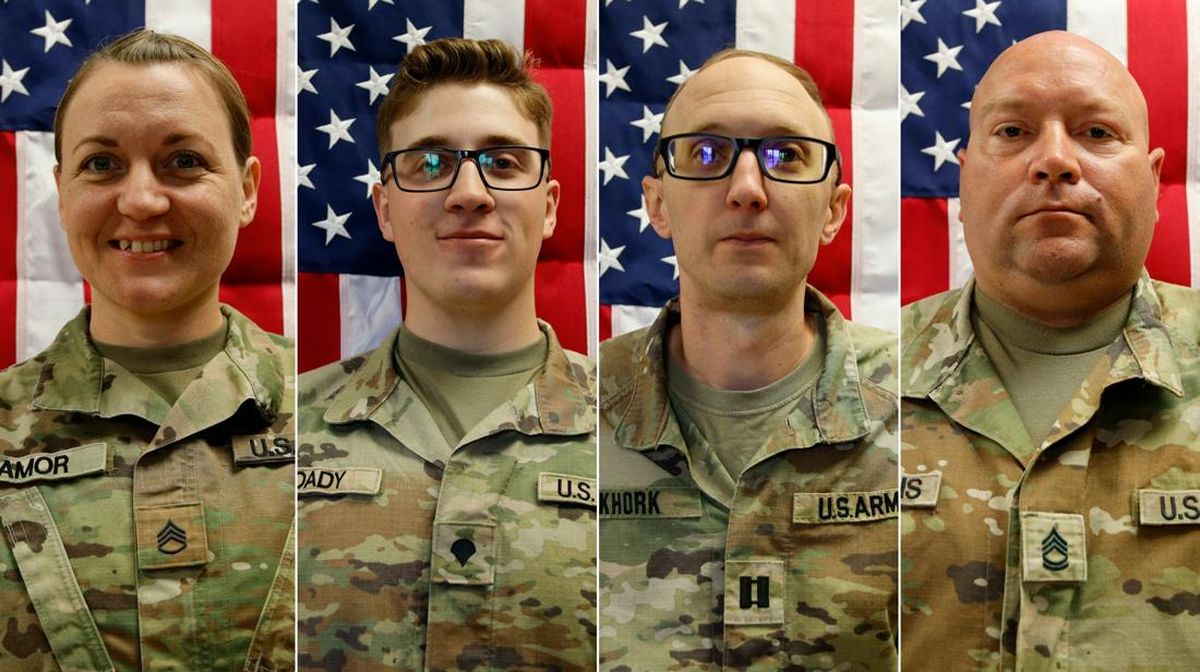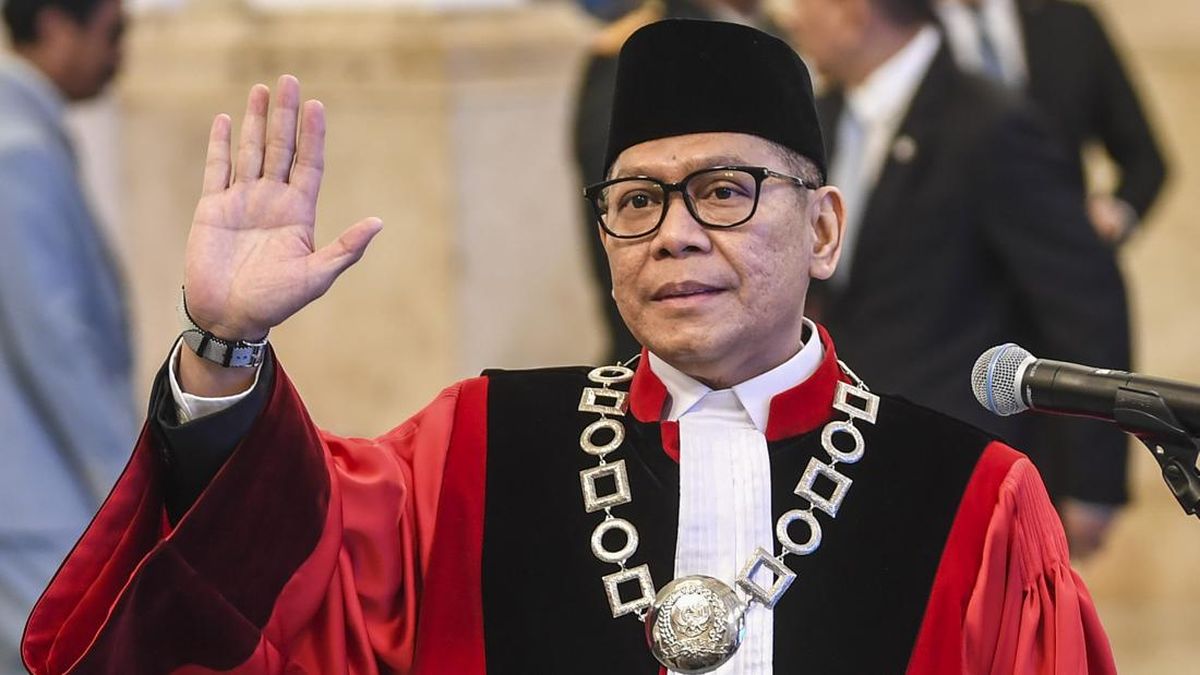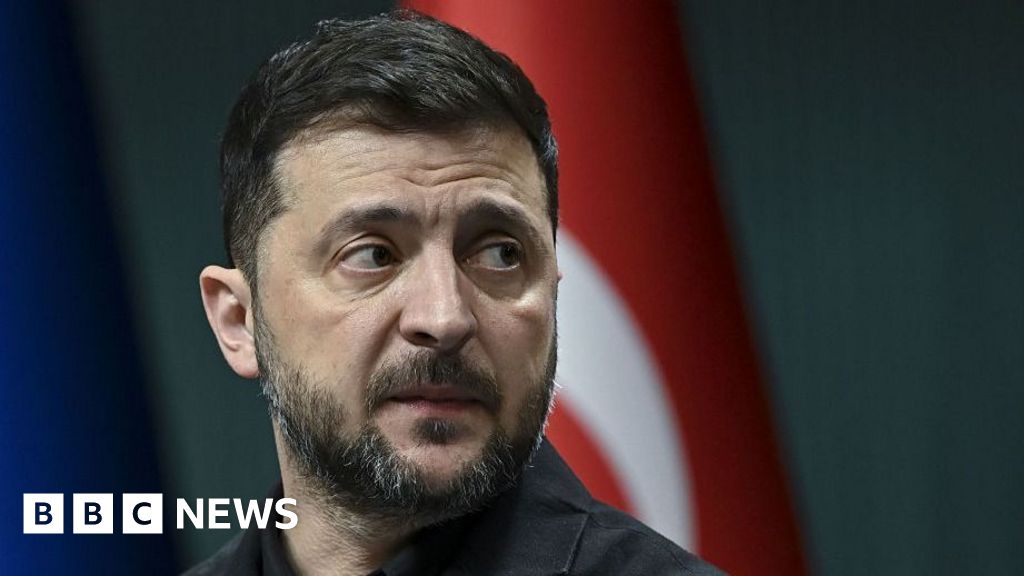A top Immigration and Customs Enforcement official is set to testify Thursday about the steps the Trump administration has taken to deport Kilmar Abrego Garcia to the West African country of Liberia, as the Trump administration continues its push to remove him from the U.S. ahead of his criminal trial on human smuggling charges next year.
Earlier this month, the Trump administration urged U.S. District Judge Paula Xinis to lift an August order that prevents Abrego Garcia from being deported to a third-party country without due process, arguing that the government has gone through all the necessary steps to remove Abrego Garcia.
Abrego Garcia's case has been a flashpoint in the Trump administration's immigration crackdown since the Salvadoran immigrant was removed from where he lived in Maryland to his native country in March. He was sent to El Salvador even though in 2019, an immigration judge granted him a legal status known as withholding of removal because of concerns Abrego Garcia could be persecuted by gangs there.
He faces deportation proceedings because he entered the U.S. illegally as a teenager in 2011.
In June, Abrego Garcia was returned to the U.S. after he was detained in El Salvador's notorious mega-prison to face two felony charges of human smuggling. He has denied those charges.
Before Abrego Garcia's criminal trial is scheduled to begin next year, the Trump administration has repeatedly sought to deport Abrego Garcia from the U.S. again, proposing to send him to several African countries, including Uganda, Eswatini and now, Liberia.
The Justice Department said that Abrego Garcia, who remains in federal immigration detention, was interviewed in October by a U.S. government asylum officer, and that officer determined that he failed to prove he would face persecution or torture in Liberia. The Justice Department said any additional due process steps would be unwarranted.
Abrego Garcia's "claims are procedurally barred multiple times over and fail on the merits in any event," the Justice Department said in its filing. "This Court should therefore dissolve its preliminary injunction and permit the government to remove Petitioner to Liberia."
In addition, the Justice Department submitted declarations from U.S. officials stating that Liberia has made "sufficient and credible" assurances that Abrego Garcia would not be harmed there or removed from Liberia to another country where he potentially could be persecuted.
In a press release late last month, Liberia's government said it had agreed to receive Abrego Garcia on "a strictly humanitarian and temporary basis," following a U.S. request.
Abrego Garcia and his legal team have repeatedly challenged the government's attempts to deport him to African nations, claiming fear of persecution or torture. They have also argued that the Trump administration's repeated efforts to send Abrego Garcia to Africa is a form of retaliation, and Abrego Garcia should instead be sent to Costa Rica.
They noted the government had offered to send Abrego Garcia to Costa Rica this summer, but only if he pleaded guilty to the federal human smuggling charges he faces in Tennessee.
"The timeline suggests a pattern: when the Government received orders it disliked in Abrego Garcia's civil case challenging his unlawful removal to El Salvador; it initiated a criminal prosecution in retaliation; and when it received orders it disliked in Abrego Garcia's criminal case, it initiated third-country removal efforts in retaliation," the attorneys said in a response to the Justice Department's motion.
Abrego Garcia's attorneys have also asked Xinis to keep her block on his deportation in place "unless and until an immigration judge concurs" with the Trump administration's determinations.
Kilmar Abrego Garcia fight deportations plans
Kilmar Abrego Garcia fight deportations plans
(03:26)

